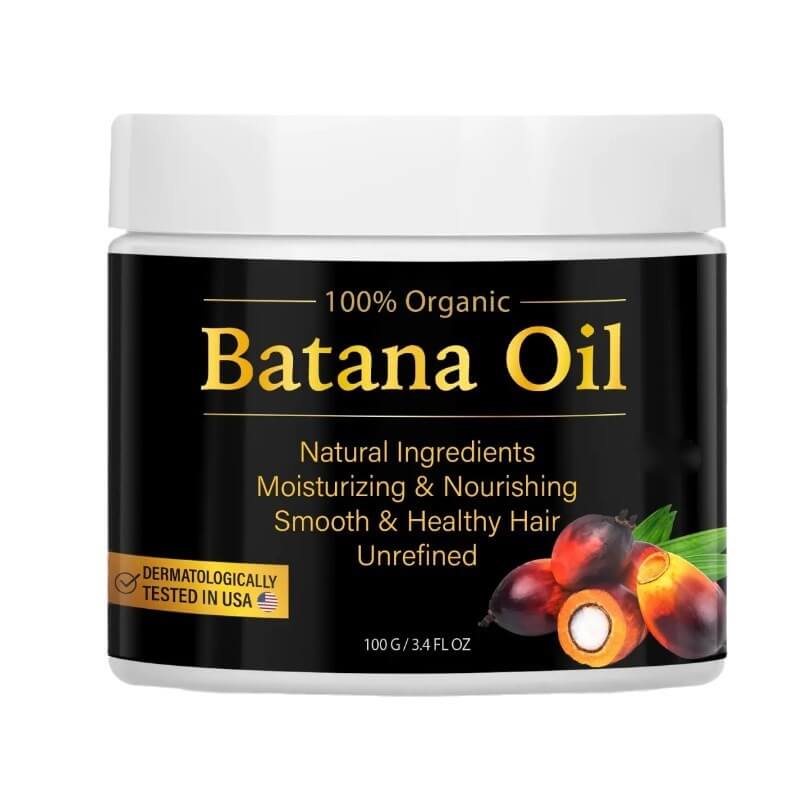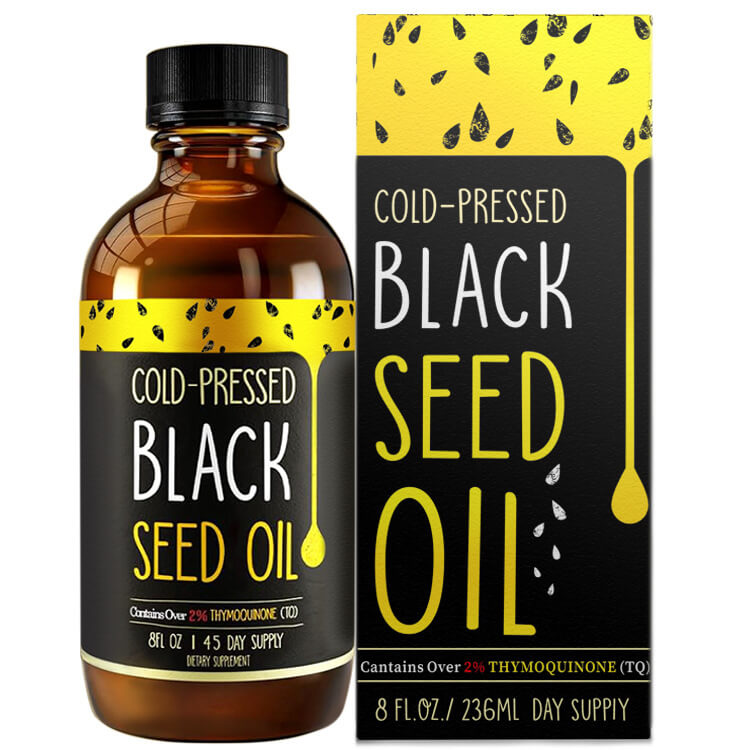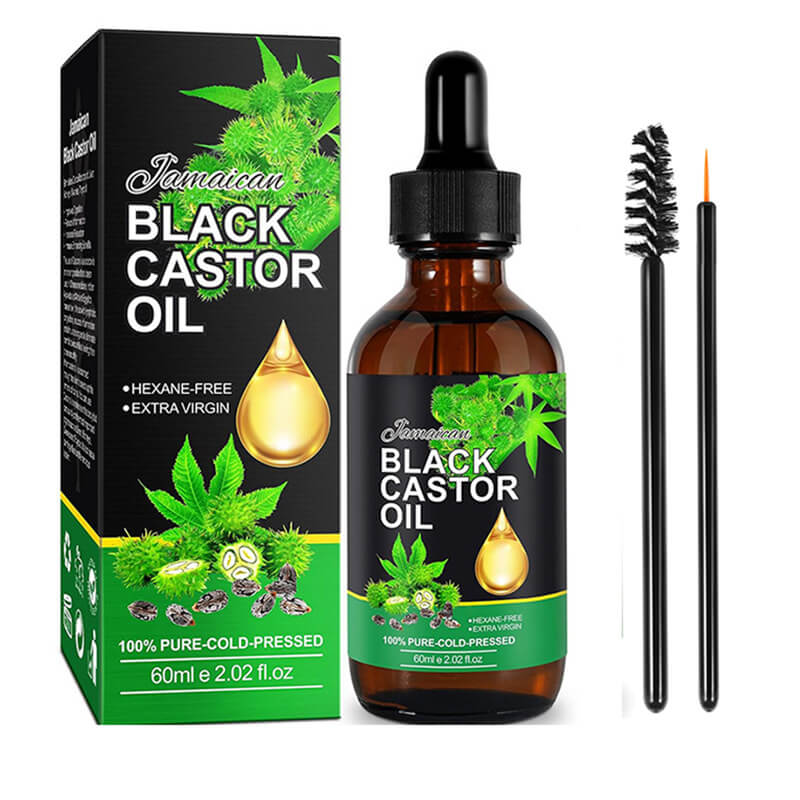We have looked at 20 mistakes that happen a lot in China sourcing operations in the first 2 parts.
29 Costly Mistakes You Must Avoid in China Sourcing – 1
29 Costly Mistakes You Must Avoid in China Sourcing – 2
Now we’ll cover the last part of this China sourcing mistake series.
Category F: Safety and risk
21.Fail to verify prospective suppliers

To work with a supplier miles away from you, if you don’t know well about them, chances are that it will turn out to be a horror story. If you go search on Google or YouTube, you will see many terrible stories about importing from China. It doesn’t mean Chinese suppliers are all there to scam you. It’s just because of lacking the filter mechanism to screen those scammers and unqualified suppliers to your requests.
In one of our previous articles, we mentioned some useful tips about how to verify Chinese suppliers that you want to buy products from or have your products manufactured.
22. Make payment to a supplier who doesn’t feel like a factory visit
If the supplier that you are going to work with makes excuse about receiving you for a factory visit, a very high chance is that they are covering something.

Here are some of the excuses we’ve ever met.
It’s snowing too heavily that part of our factory is down.
We are lately moving to our new factory and the old factory is in a mess.
Our factory is too far away from our office because it’s in the industrial area of xxx.
It could be true in some cases. But if your potential supplier doesn’t seem to welcome a factory visit, or says something which sounds like an excuse, it’s better to verify before giving them money. For example, let the vendor show you their company documents. There’s lots of information you could check on the documents.
23. Pay the balance to your supplier too early or make full payment at the very beginning

The disadvantage of paying the balance too early to your vendor is obvious. The vendor basically has nothing to be afraid of because they have your money already. They could be lax in producing your products or have other clients order higher priority in order production schedule etc. Delivery lead time, quality standard, service or others could be not as good as previously.
A quick tip about payment safety: make sure the company name on the official website, Alibaba, certificates, the bank account is the same.
24.Fail to protect your IP (Intellectual Property)

Jack has been importing from a Chinese manufacturer in Shenzhen for 5 years. He succeeded in promoting and marketing his own brand in the U.S.. 6 months ago, a terrible story turned out to be true on him. Jack placed an order with his Shenzhen supplier as regularly. His supplier produced the products as per their contract as usual.
Before shipping out the cargoes to Jack, the customs examined the goods and seized the cargo. The customs said there’s an issue of brand infringement. The brand belonged to a Guangzhou company. Jack was quite surprised by it. He has his brand in the U.S. He’s been wondering how it happened.
Actually, Jack had worked with another Chinese vendor in Guangzhou one time in 2014. The Guangzhou company registered their trademark in China. When Jack found out the truth, he was burned up.
Jack wanted to sue the Guangzhou company. He employed a lawyer and contacted the American embassy in China. But Jack’s company is not a big company, there was barely any progress. In the end, the Guangzhou company reached Jack and asked for US$80,000 as compensation before they let the customs withdraw the lawsuit.
Jack ended up giving the company close to US$40,000 to get the customs to release the goods.
Intellectual Property issues could happen worldwide not only in China. If you are developing your own brand, it’s heavily suggested to register your trademark/patent to protect yourself, especially where your vendor is located.
Another issue could be that suppliers could display your products in their sample room, in the trade show or conference or on their website etc. To avoid such a case, you can make sure there’s detail listed on the contract, stating clearly that it’s not acceptable to use your design, patent and the like.
Category G: Importing practices
25.100% rely on shipping carriers/freight forwarders/customs brokers for tax and duties
Most clients would assume that freight forwarders and customs brokers are professionals and experts. So there’s an inclination to count on them for the tax and duty matters.
Actually, there are two points that can be worrying.
I. Customs brokers could be good at giving suggestions on tax and duty handling but it doesn’t mean the suggested idea is correctly following the law. For example, some customs brokers helped loads of importers in using a duty-free HTS number. Chances are that it is the wrong HTS code as per your case.
II. You are the importer and responsible to make sure everything is following laws and regulations, instead of the Customs brokers. If any issue happens, it is the importer who is responsible for the payment of all duties, taxes, and penalties.
26. Try to play smart with Customs
A common example is that many importers deliberately undervalue shipments of goods, or mis-declare the product item as another in order to pay less amount of importing fees including taxes.

What you could be expecting if your company engages such practices routinely?
I. Major fines and penalties
II. Customs processing delays
III. Revoke import abilities in some situations
27. Play fast and loose with paperwork
We don’t like documentation work but to import from China or other countries, it must involve in lots of paperwork. All documentation must be properly issued and stored. This is to avoid any significant delays in processing shipments or cargo being seized by customs.
The paperwork includes Bill of lading, contracts, invoice, certificates for compliance etc.
28.Import prohibited or regulated items
Some countries prohibit importing certain product items for various reasons like anti-terrorism.
Take Nigeria, for instance. Prohibited goods are like firearms, force uniforms, and many other items.
Another situation is that many countries have regulated products. If you import specific product items from specific countries, it will be subject to additional import or special fees. Wood bedroom furniture is regulated by the U.S. against Chinese factories, whereas in some countries, it is a duty-free item.
A significant factor leading to high duty rate and special fees is trade protectionism and anti-dumping. To avoid paying such extra fees, you need to research and check whether the product items you are going to import is good to go. Plus, you need to make sure your Chinese suppliers are not on the list of any anti-dumping or related blacklist.
29.Incoterms mistakes

29.1 Fail to specify the precise port/place. A vigorous place could generate some unnecessary charges or lead to a bit of dispute in cost bearer.
29.2 Use EXW but have no way to complete the export procedure. Ex-work is a term that the seller has the least responsibility in the collaboration during import and export. If you want to use Ex-work term, you have to figure out the export access.
29.3 Use DDP without confirming with your supplier. Some suppliers might not be well aware what DDP means. If your vendor is handling DDP the first time, you must verify with them that they are capable of undertaking the corresponding responsibilities and charges.
29.4 Use sea Incoterm rules only like FOB or CIF and neglect all-transport-mode rules like FCA. It exposes to more risks that you actually can avoid.
We’ve covered 29 typical mistakes that global buyers or importers commonly make. Lots of buyers have learned the lessons in a hard way and pay a heavy cost for these lessons. These are just some of the mistakes that importers might make. The list never ends actually. But it doesn’t mean that import and export are mission impossible.
Here are some suggestions that you could benefit from your import process.
1. Never assume or take a guess.

Assume stands for uncertainty and risk. You never know how much the uncertainty will cost you along the global sourcing process and what it will take away from you.
Instead of assuming, what we encourage is to analyze and verify all the time, in every phase of your sourcing from China – the product market pricing levels, the potential Chinese supplier’s reliability, the delivery lead time range, the quality standards and more…
2.Build up your own SOP and system for your sourcing from China work
A standard operating procedure, or SOP, is a set of step-by-step instructions compiled by an organization to help workers carry out routine operations. SOPs aim to achieve efficiency, quality output and uniformity of performance while reducing miscommunication and failure to comply with industry regulations.
An SOP is short for Standard Operating Procedure. To run your own SOP, process, and system, you can integrate a checklist tool. The core aim is to processize and refine a big task so that the task can be completed efficiently meantime avoiding problems or mistakes.
3.Expectation management

Happiness = Reality – Expectations
People tend to predict the outcome of the things that they are involving.
Here’s a quick example
If you are a first-time importer and know little things about Chinese vendors. Chances are that you’ll feel “overwhelming problems” when dealing with them. Problems can be like culture difference and gaps, language barriers, unexpected surprises…
Whereas if you are a regular buyer and import from China for years, you know how things are regularly running in China. You have enough experiences and won’t be set up to expect an unrealistic expectation.
There are poor suppliers and great suppliers in China and it’s true for worldwide vendors. Here are some useful tips to manage your expectation while you are sourcing from China or elsewhere.
I. Know your supplier and your business
Your supplier should be able to match your business scale and requests. Listen to your supplier and verify their capability in production and services.
II.Set up expectations based on verification
Get to know your bottom lines with the prospective suppliers and use supply chain management tactics and strategies. Contend for the initiative in your sourcing process.
III. Adjust expectations according to actual situations
Unpleasant things can happen. When something not good happens, instead of falling into big frustration and complaining “WHY ME”, the next moment after the “problem”, you can adjust your expectations and take action to avoid further troubles.
Everything is appearing and disappearing and changing from moment to moment.
4.Role Play and educate

When you are working with your vendors or manufacturers, they are not your enemy. Your vendor can actually be your partner to help you win your market share. If you are not satisfied, try to find out why your supplier is not giving you the exact results as you expected.
One of the best ways to figure out it is via role-playing. Imagine you are the supplier.
Why not respond to the request?
Why ask for MOQ?
Why not compromise in the pricing negotiation?
Why ask for 30% advance payment?
… …
If you are in the supplier’s shoes, you have a higher chance to know what they are paying close attention to. Business is about exchanging.
Sometimes your suppliers don’t understand you. Sometimes you don’t understand them. The point is to figure out what obstructs. Know what on earth is going on and then “educate” each other. Let your supplier know why you have a particular request and how you are going to fit together.
You May Also Like These Posts




